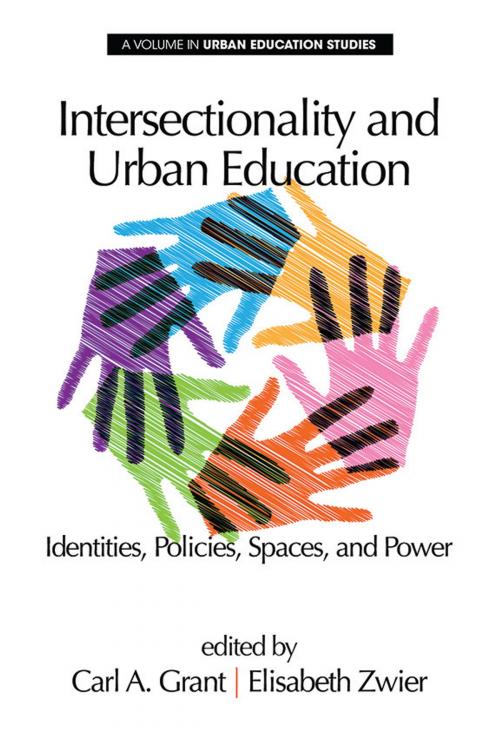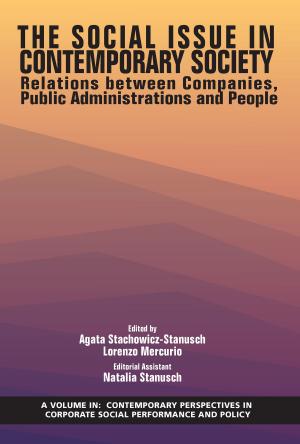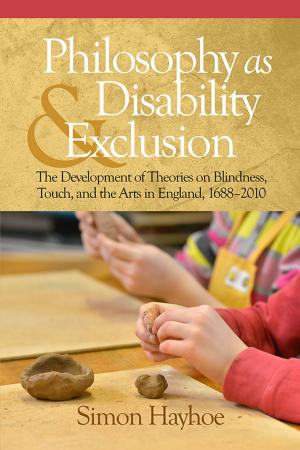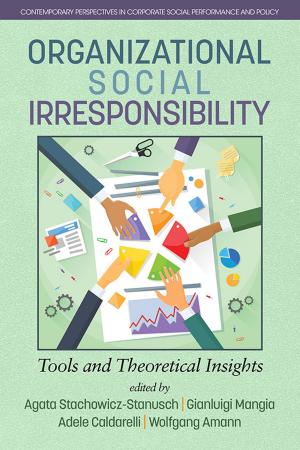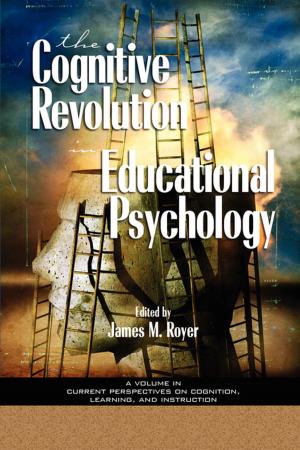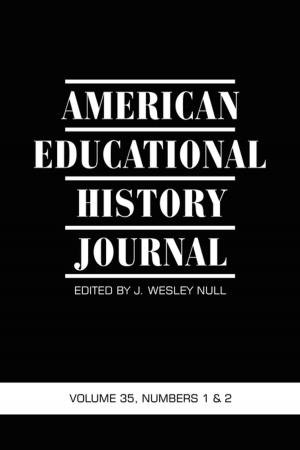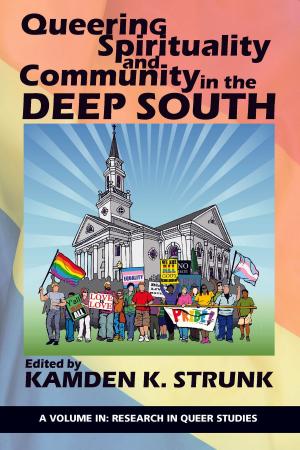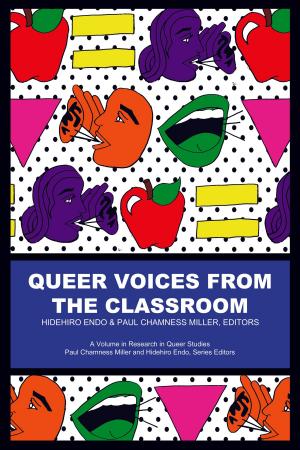Intersectionality and Urban Education
Identities, Policies, Spaces & Power
Nonfiction, Social & Cultural Studies, Social Science, Discrimination & Race Relations, Reference & Language, Education & Teaching, Teaching, Teaching Methods| Author: | ISBN: | 9781623967345 | |
| Publisher: | Information Age Publishing | Publication: | August 1, 2014 |
| Imprint: | Information Age Publishing | Language: | English |
| Author: | |
| ISBN: | 9781623967345 |
| Publisher: | Information Age Publishing |
| Publication: | August 1, 2014 |
| Imprint: | Information Age Publishing |
| Language: | English |
In urban education, “urban” is a floating signifier that is imbued with meaning, positive or negative by its users. “Urban” can be used to refer to both the geographical context of a city and a sense of “less than,” most often in relation to race and/or socioeconomic status (Watson, 2011). For Noblit and Pink (2007), “Urban, rather, is a generalization as much about geography as it is about the idea that urban centers have problems: problems of too many people, too much poverty, too much crime and violence, and ultimately, too little hope” (p. xv). Recently, urban education scholars such as Anyon (2005), Pink and Noblit (2007), Blanchett, Klinger and Harry (2009), and Lipman (2013) have elucidated the social construction of oppression and privilege for urban students, teachers, schools, families, and communities using intersectionality theories. Building on their work, we see the need for an edited collection that would look across the different realms of urban education—theorizing identity markers in urban education, education in urban schools and communities, thinking intersectionally in teacher education & higher education, educational policies & urban spaces—seeking to better understand each topic using an intersectional lens. Such a collection might serve to conceptually frame or provide methodological tools, or act as a reference point for scholars and educators who are trying to address urban educational issues in light of identities and power. Secondly, we argue that education questions and/or problems beg to be conceptualized and analyzed through more than one identity axis. Policies and practices that do not take into account urban students’ intertwining identity markers risk reproducing patterns of privilege and oppression, perpetuating stereotypes, and failing at the task we care most deeply about: supporting all students’ learning across a holistic range of academic, personal, and justiceoriented outcomes. Can educational policies and practices address the social justice issues faced in urban schools and communities today? We argue that doing intersectional research and implementing educational policies and practices guided by these frameworks can help improve the “fit.” Particular attention needs to be paid to intersectionality as a lens for educational theory, policy, and practice. As urban educators we would be wise to consider the intertwining of these identity axes in order to better analyze educational issues and engage in teaching, learning, research, and policymaking that are bettertuned to the needs of diverse students, families, and communities.
In urban education, “urban” is a floating signifier that is imbued with meaning, positive or negative by its users. “Urban” can be used to refer to both the geographical context of a city and a sense of “less than,” most often in relation to race and/or socioeconomic status (Watson, 2011). For Noblit and Pink (2007), “Urban, rather, is a generalization as much about geography as it is about the idea that urban centers have problems: problems of too many people, too much poverty, too much crime and violence, and ultimately, too little hope” (p. xv). Recently, urban education scholars such as Anyon (2005), Pink and Noblit (2007), Blanchett, Klinger and Harry (2009), and Lipman (2013) have elucidated the social construction of oppression and privilege for urban students, teachers, schools, families, and communities using intersectionality theories. Building on their work, we see the need for an edited collection that would look across the different realms of urban education—theorizing identity markers in urban education, education in urban schools and communities, thinking intersectionally in teacher education & higher education, educational policies & urban spaces—seeking to better understand each topic using an intersectional lens. Such a collection might serve to conceptually frame or provide methodological tools, or act as a reference point for scholars and educators who are trying to address urban educational issues in light of identities and power. Secondly, we argue that education questions and/or problems beg to be conceptualized and analyzed through more than one identity axis. Policies and practices that do not take into account urban students’ intertwining identity markers risk reproducing patterns of privilege and oppression, perpetuating stereotypes, and failing at the task we care most deeply about: supporting all students’ learning across a holistic range of academic, personal, and justiceoriented outcomes. Can educational policies and practices address the social justice issues faced in urban schools and communities today? We argue that doing intersectional research and implementing educational policies and practices guided by these frameworks can help improve the “fit.” Particular attention needs to be paid to intersectionality as a lens for educational theory, policy, and practice. As urban educators we would be wise to consider the intertwining of these identity axes in order to better analyze educational issues and engage in teaching, learning, research, and policymaking that are bettertuned to the needs of diverse students, families, and communities.
